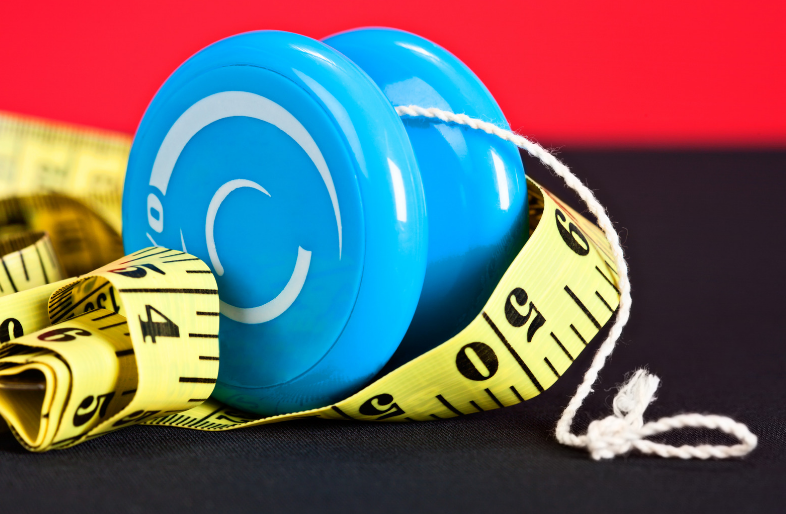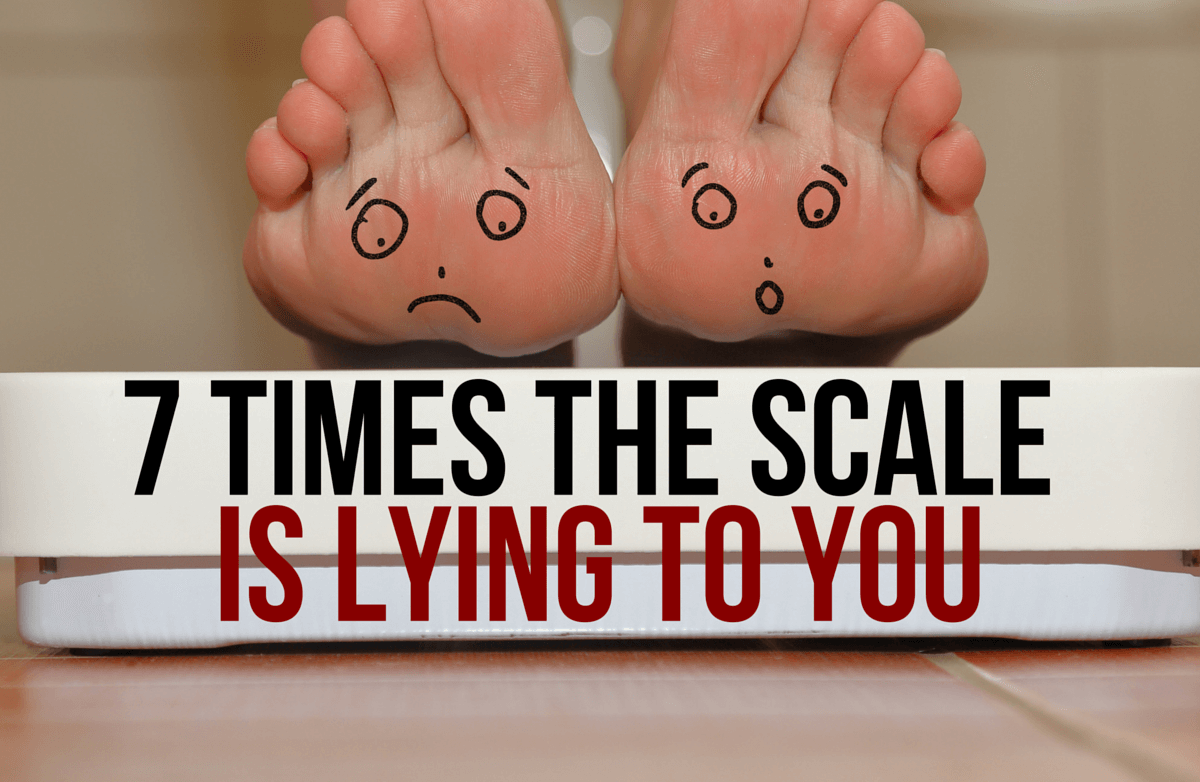When people start a weight-loss program, they usually focus on food and exercise—meal plans, grocery lists, workout schedules, and accountability partners. These are important steps, but there’s another factor that makes a big difference: your mindset.
Specifically, being flexible.
Why Flexibility Matters
Weight loss does not happen in a straight line. Life events, busy schedules, and unexpected changes can all affect your plan. If you feel like you must follow your plan perfectly, it’s easy to get discouraged and give up when things don’t go as expected.
Flexibility allows you to adjust instead of abandoning your efforts. It helps you see challenges as part of the process—not as failures.
An Example
-
A rigid mindset says, “I missed my workout today, so the whole week is ruined.”
-
A flexible mindset says, “I couldn’t make it to the gym today, but I’ll go for a walk after dinner instead.”
The second approach keeps you moving forward.
Growth Mindset vs. Fixed Mindset
Research shows that people with a “growth mindset” are more likely to reach their goals.
-
Fixed mindset: “I’ll never be able to lose weight.”
-
Growth mindset: “This is hard, but I can learn new habits and keep improving.”
By practicing flexibility, you build a growth mindset that supports long-term success.
5 Practical Ways to Build Flexibility in Weight Loss
1. Practice positive self-talk.
Replace harsh thoughts with encouraging ones. Instead of “I failed,” try “I learned what doesn’t work for me.”2. Reframe challenges.
See obstacles as opportunities. Traveling? Pack healthy snacks or look for grocery stores near your hotel.3. Let go of perfection.
Remember, weight loss is not about being perfect—it’s about progress. Small, consistent steps matter more than “all-or-nothing” efforts.4. Notice non-scale wins.
Pay attention to other signs of success: better energy, improved sleep, looser clothes, or feeling stronger.5. Stay open to change.
Routines are helpful, but variety keeps you engaged. Try new recipes, explore different physical activities, or change your meal timing if it works better for your lifestyle.Key Takeaway
Flexibility is just as important as food and fitness in your weight-loss journey. By staying adaptable, celebrating progress, and focusing on what you can control, you set yourself up for long-term success.
Remember: you don’t need perfection—you need persistence.













